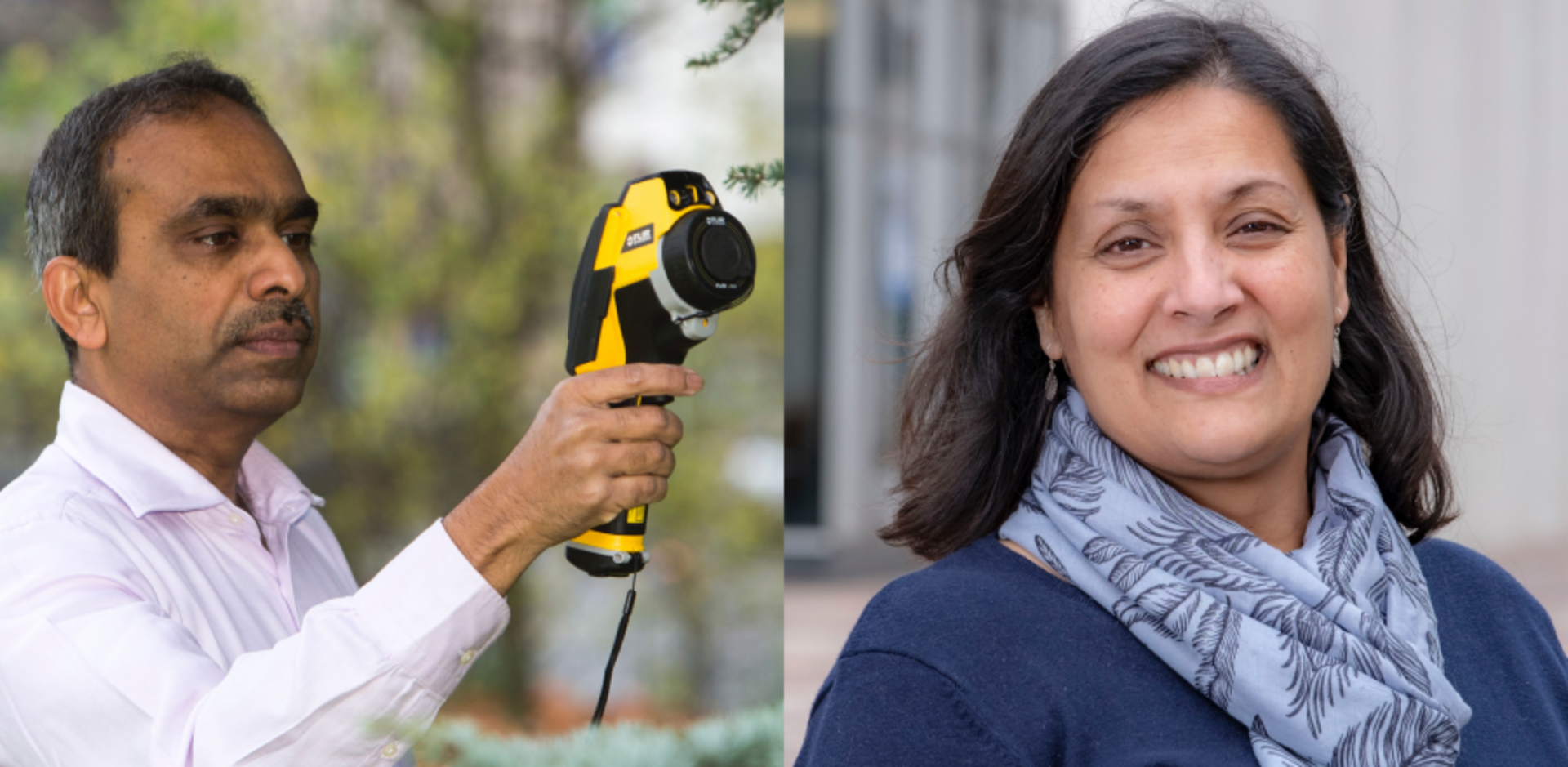More green needed in Dear Green Place, research finds

More trees and green spaces are needed in Glasgow’s most deprived areas if those who live there are to be protected from the ravages of climate change.
This is the finding of research conducted by Glasgow Caledonian University (GCU) – and the study has already been shared with the City Council.
Researchers say the major climate-change risks for Glasgow are flooding and overheating and that, by 2050, Glasgow’s climate will be very similar to that in London today.
They have demonstrated that green infrastructure – trees, greens, parks and meadows – has the potential to reduce flooding and provide some cooling during hotter months.
However, they argue that, without an equal spread of green infrastructure, the negative effects of climate change will disproportionately impact the most vulnerable in society, especially those in deprived areas of Glasgow, with the north east of the city being highlighted in particular.
The work was undertaken by PhD student Makanjuola Majekodunmi and co-supervised by Professor Rohinton Emmanuel, Director of GCU’s Beam Centre, and Professor Tahseen Jafry, Director of GCU’s Centre for Climate Justice.
Professor Emmanuel said: “We have mapped where the benefits of green infrastructure currently are in Glasgow and where the most deprived places are, in order to highlight the mismatch between them. We also applied this model to flooding prevention, too. We found a great deal of disparity.
“Our work, as a visual presentation, shows city planners the potential benefits of green spaces and the areas where these benefits are most needed. The City Council says it will now include this research in its current programme. If you increase tree cover by 20%, you could eliminate a third to half of the expected urban heat increase by 2050. This sort of intervention is well worth considering.”
Professor Jafry said: “Without an equal spread of green infrastructure, the negative effects of climate change will disproportionately impact the most vulnerable in society, especially those in deprived areas of Glasgow. The poorest often bear the brunt of climate change and it is this climate injustice that this research aims to address.”
Professor Emmanuel added: “The north east of Glasgow was identified as being particularly in need, especially around the locks. We are now conducting further research among the residents of this area, as we believe the idea of more parks and trees may not necessarily have universal public support – residents think these areas may act as focal points for anti-social behaviour, for example.”
This research is an adaptation of an EU programme worked on by Professor Emmanuel. His previous research shows London already has a significant over-heating problem – an unintended climate consequence of urbanisation.
He said: “The effects of climate change are being amplified in our urban areas and the fact that more of us are living in cities makes it important that we try to tackle this problem.
“In London now, in high summer, it’s almost impossible to live and work in buildings without air conditioning. In 2003, more than 20,000 people died across Europe from the effects of a severe heatwave. Even in Glasgow, we can have street-level temperatures of 40oC.
“We have to increase the numbers of trees, construct buildings in such a way that they are able to ventilate themselves, create public spaces that are climate conducive – shaded, for example – so it will be possible for people to take advantage of the climate-sensitive parts of the city even if the buildings are slow to change.
“Cutting down trees means you lose their ability to absorb heat and convert it into nutrients. Paving and tarmac quickly release the heat they retain back into the air, and rainwater has to be drained away in sewer systems, which deprives the area of the cooling effect of rain-soaked soil.”
Glasgow Caledonian University is involved in a wealth of climate-related activity and will be an active participant when COP 26 comes to the city in 2021.
Professor Jafry said: “Nature-based solutions, one of the key themes of COP 26, are a fundamental cornerstone of tackling climate change in cities. The implementation of which has to be done through a climate-justice lens to ensure the poorest people are not left behind.”
